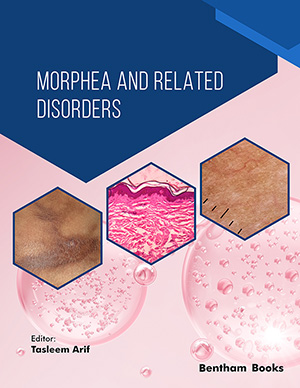Abstract
Background: Prader-Willi syndrome (PWS) is a neuro-developmental genetic disorder due to lack of expression of genes inherited from the paternal chromosome 15q11-q13 region with three main genetic subtypes. These include paternal 15q11-q13 deletion (about 70% of cases), maternal uniparental disomy 15 or both 15s from the mother (20-30% of cases), and defects in the imprinting center (1-3%) which controls the expression of imprinted genes in this chromosome region. Clinical manifestations include infantile hypotonia with a poor suck resulting in failure to thrive, short stature, small hands/feet and hypogonadism/hypogenitalism due to growth and other hormone deficiencies, hyperphagia and excessive weight gain with obesity and cognitive and behavioral problems including obsessive compulsions, tantrums and self-injury. The phenotype is likely related to hypothalamic dysfunction.
Objective: Hyperphagia and obesity with related complications are major causes of morbidity and mortality in PWS requiring accurate diagnosis, appropriate medical management and treatment; the major objective of our report.
Methods and Results: An extensive review of the literature was undertaken including genetics, clinical and behavioral aspects, and updated health-related information addressing the importance of early diagnosis and treatment of individuals with Prader-Willi syndrome. A searchable, bulleted and formatted list of topics related to this obesity syndrome was provided utilizing a Table of Contents approach for the clinical practitioner.
Conclusions: Physicians and other health care providers can use this review with clinical, genetic and treatment summaries divided into sections that are pertinent in the context of clinical practice. Finally, frequently asked questions by clinicians, families and other interested participants will be addressed.
Keywords: Diagnostic and treatment approaches, genetic testing, genetics clinical description of Prader-Willi syndrome, genomic imprinting, medical management, obesity, Prader-Willi syndrome.



























